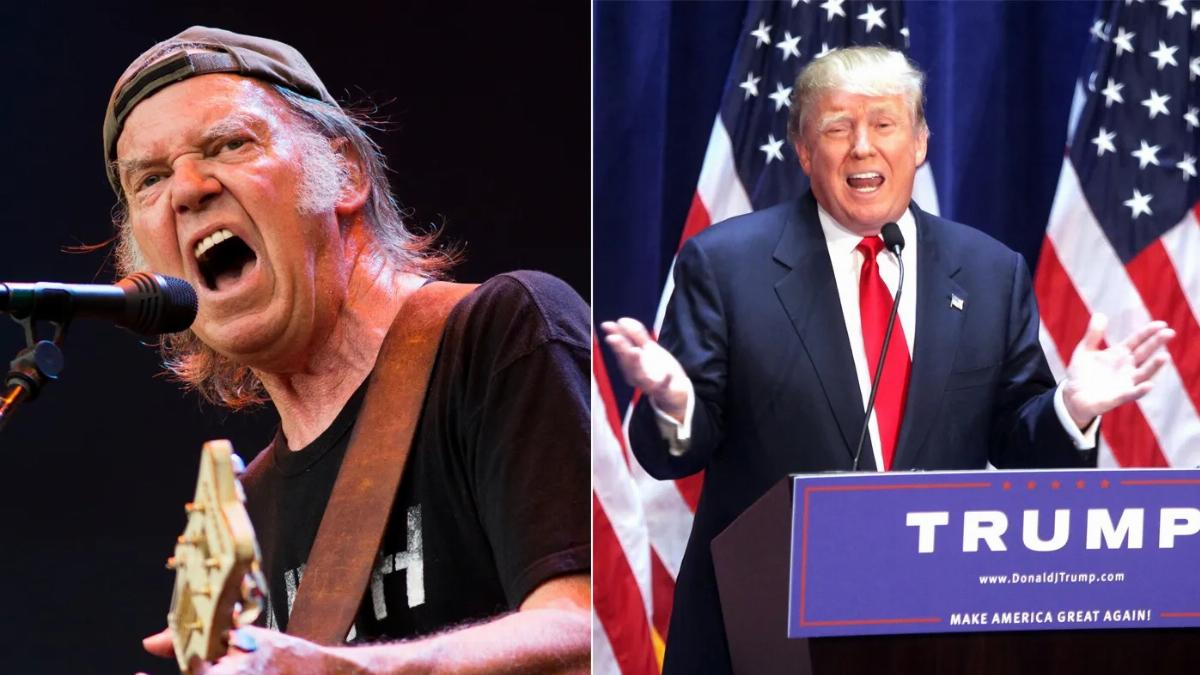
History of music use in us presidential campaigns
As the 2024 U.S. presidential election approaches, the role of music in political campaigns continues to be significant. Democratic candidate Kamala Harris has recently gained endorsements from high-profile celebrities, including Taylor Swift and Billie Eilish, who highlighted their support for Harris and her running mate, Tim Walz. In a social media video, Eilish emphasized the importance of voting, stating, "Vote like your life depends on it, because it does."
The relationship between music and politics is long-standing, with artists often feeling honored when their songs become campaign anthems. However, there have been instances of artists taking legal action against candidates for unauthorized use of their music. For example, The White Stripes filed a lawsuit against Republican candidate Donald Trump for using "Seven Nation Army" in a campaign video without permission. Celine Dion also publicly opposed the use of her song "My Heart Will Go On" in Trump's campaign.
Throughout U.S. history, various songs have been associated with presidential campaigns. George Washington was the first candidate to have a specific campaign song, "God Save Great Washington." In 1960, John F. Kennedy used a reworked version of Frank Sinatra's "High Hopes" as his official campaign tune.
Notable misinterpretations of songs have also occurred, such as Ronald Reagan’s use of Bruce Springsteen’s "Born in the U.S.A.," a song that critiques U.S. treatment of veterans rather than celebrating patriotism. Other examples include Bill Clinton’s use of Fleetwood Mac’s "Don't Stop" in 1992, which appealed to younger voters, and Tom Petty’s "I Won't Back Down," which he prohibited both George W. Bush and Donald Trump from using during their campaigns.
Barack Obama’s 2008 campaign frequently featured Stevie Wonder's "Signed, Sealed, Delivered (I'm Yours)," reinforcing a message of connection to voters. In a similar vein, Kamala Harris kicked off her 2024 campaign with Beyoncé’s "Freedom," marking a significant endorsement after Beyoncé blocked Trump from using the same song.
As the election season unfolds, the intersection of music and politics will likely continue to influence voter sentiment and campaign strategies.







